Are you dealing with post mastectomy pain? Are you seeking effective treatment for post mastectomy pain? You are at the right place. Consult Dr. Garvit Chitkara, a competent breast cancer surgeon in Mumbai. He can provide effective solutions to manage and alleviate this pain.

Breast cancer, a formidable adversary for many women, often necessitates surgical interventions like mastectomy to eliminate the disease. While these surgeries are crucial steps in battling breast cancer, they can bring about their own set of challenges, one of which is post mastectomy pain.
Post mastectomy pain refers to the discomfort experienced after surgically removing one or both breasts. This pain can manifest in various forms, such as sharp, shooting pain or a persistent ache.
“While some degree of discomfort is to be expected as the body heals from surgery, prolonged and severe pain should not be ignored”, advises Dr. Garvit Chitkara, one of the leading breast cancer surgeon in Mumbai. “Seeking timely medical attention and guidance can make all the difference in managing pain and achieving a smoother recovery.”
In this blog, we will delve into the causes of post-mastectomy pain, when to seek medical assistance, available treatments, and expert insights from Dr. Garvit Chitkara, a renowned breast oncology surgeon in Mumbai.
Understanding Post Mastectomy Pain
Post mastectomy pain is a prevalent occurrence and can present itself in diverse ways. While some may experience mild discomfort, others could encounter intense and persistent pain. The discomfort becomes noticeable a few hours after the surgery for many individuals. There are also cases where patients report experiencing pain 3 weeks after mastectomy.
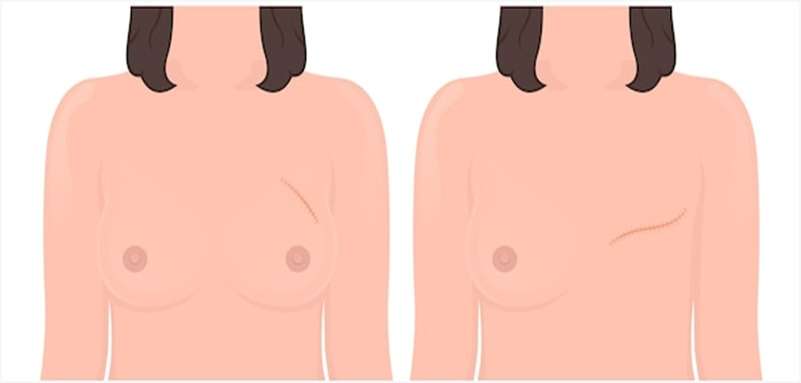
What Can Cause Post Mastectomy Pain?
Inflammation: Inflammation due to the surgical process can contribute to pain and discomfort. But this pain is temporary and should settle in 1 -2 weeks after surgery.
Nerve Damage: The surgical procedure can damage nerves, leading to persistent nerve pain, also known as neuropathic pain. As a part of the procedure of axillary dissection one of the nerves needs to be cut which causes numbness on the inner aspect of the upper arm. If the nerve is not cut and gets damaged it can cause neuralgic pain. To address post-mastectomy pain, healthcare providers may consider incorporating a nerve block for post mastectomy pain management.
Scar Tissue Formation: Scar tissue can develop after surgery, causing tightness and discomfort around the surgical site especially in the axillary region Post surgery physiotherapy can help in preventing this
Phantom Pain: Some individuals might experience sensations or pain in the removed breast region, a phenomenon known as phantom pain.
Muscle and Tissue Strain: Surgery can affect the muscles and tissues in the chest and shoulder area, leading to pain and stiffness.
Yes, you read it right.
Now let’s see when you should consult a doctor?
When to Consult a Doctor?
“If you are experiencing post-mastectomy pain, knowing when to seek medical attention is crucial. Timely intervention can help identify the underlying cause and prevent further complications”, explains Dr. Garvit Chitkara, a renowned expert for breast surgery in Mumbai.
Reach out to a medical professional if you encounter:
Medical Treatments and Interventions for Post Mastectomy Pain
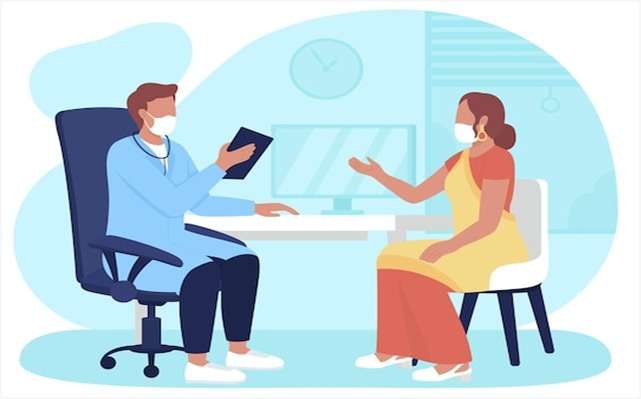
1. Medications:
2. Nerve Blocks:
It involves injecting local anesthetics or other medications around affected nerves to block pain signals temporarily. This approach can provide immediate and targeted pain relief, particularly for nerve-related chronic pain after mastectomy.
“Only trained medical professionals administer nerve blocks, which can effectively manage acute pain”, explains Dr. Garvit Chitkara.
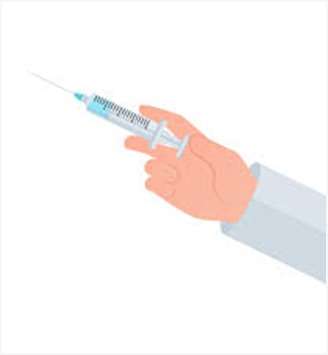
3. Physical Therapy:
Physical therapy plays a crucial role in promoting mobility and reducing pain after a mastectomy. Under the guidance of a physiotherapist, patients can engage in gentle activities tailored to their condition and progress as they heal. It can help maintain or improve their range of motion, prevent muscle stiffness, and reduce the risk of developing scar tissue adhesions.
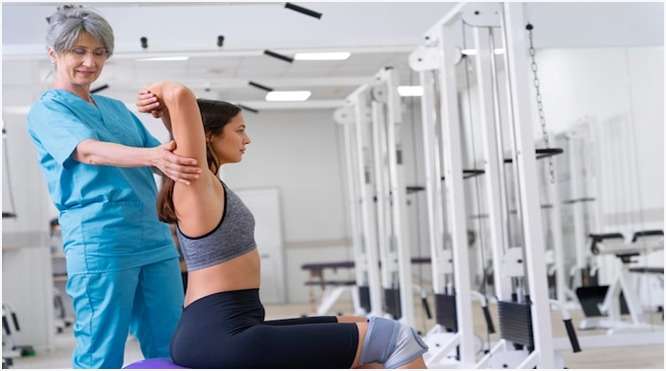
4. Transcutaneous Electrical Nerve Stimulation (TENS):
TENS is a non-invasive technique that utilizes mild electrical currents to stimulate nerves and disrupt pain signals. A small device with electrodes is placed on the skin near the affected area, and controlled electrical pulses are delivered. TENS can provide temporary pain relief by promoting the release of endorphins, the body’s natural painkillers.
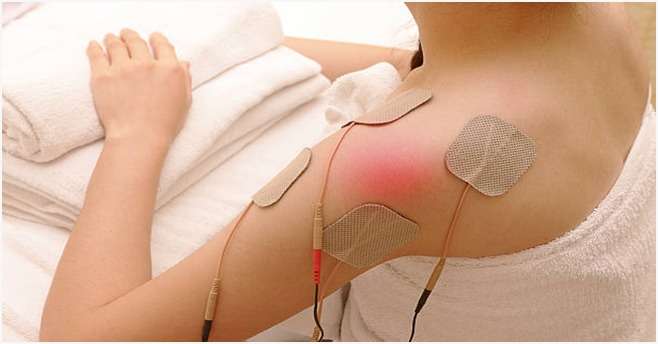
5. Medications for Nerve Pain:
6. Scar Management:
7. Pulsed Electromagnetic Field (PEMF) Therapy:
8. Surgical Revision:
9. Psychological Support:
Consult your healthcare provider before pursuing any specific treatment or intervention, as the appropriate approach will depend on your condition and medical history.
Additional Tips or Exercises to Manage Post Mastectomy Pain
Deep Breathing: Deep breathing exercises can help relax muscles, reduce tension, and manage pain.
Gentle Stretching: Gradual stretching exercises can prevent stiffness and improve flexibility.
Massage: Gentle massage around the surgical site can alleviate muscle tension and improve blood circulation.
Posture Awareness: Maintaining proper posture can prevent strain on the surgical area and help reduce discomfort.
Conclusion
While post mastectomy pain can be a challenging aspect of breast cancer treatment, it is important to remember that effective solutions are available. By understanding the causes of post mastectomy pain, seeking timely medical attention, and embracing the multidisciplinary approach offered by experts like Dr. Garvit Chitkara, individuals can confidently navigate their recovery journey and pave the way for a healthier, pain-free future.
FAQs:
Q1: When should I consult a doctor for post-mastectomy pain?
A: If your pain is severe, worsening, or interfering with daily activities, it is time to consult a doctor. Seek help from an expert breast cancer surgeon in Mumbai for specialized care.
Q2: Can nerve pain after mastectomy be treated?
A: Yes, nerve pain can be managed through various treatments, including medications, nerve blocks, and physical therapy.
Q3: Are there exercises to alleviate post-mastectomy pain?
A: Yes, gentle exercises, stretches, and practices like deep breathing and posture awareness can help manage pain and improve comfort.
Q4: What is the role of scar tissue in post-mastectomy pain?
A: Scar tissue can contribute to pain by causing tightness and discomfort around the surgical site. It is important to discuss this with your doctor for proper management.
Q5: How can counselling and mind-body techniques help with post-mastectomy pain?
A: Counselling and mind-body techniques can help manage pain perception, reduce anxiety, and improve emotional well-being during the recovery process.
Reference: https://www.healthline.com/health/fitness/exercise-after-mastectomy

